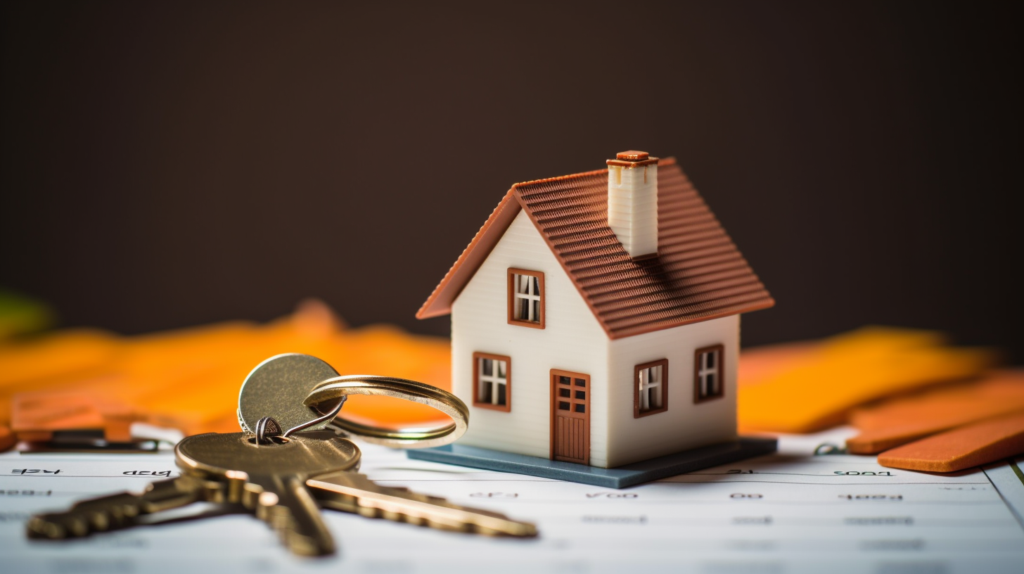Property taxes in the United States have been on a steady uptrend in recent years, and for homeowners, this can have significant financial implications.
Understanding why are your property taxes likely to rise is crucial for homeowners, enabling them to prepare and potentially reduce their tax liabilities.
In this article, we will explore the factors that contribute to rising property taxes, provide guidance on how to know if your taxes are increasing, and offer useful tips on preparing for potential increases.
Are Your Property Taxes Likely to Rise?
Homeowners in the United States are facing the likelihood of rising property taxes, and this can be a significant financial burden.
It is essential for homeowners to understand why property taxes typically increase and the impact they will have on their finances. Failure to prepare financially for property tax increases can result in serious financial setbacks, including issues such as housing insecurity, financial insecurity, and price shocks.
In this article, we will explore the reasons why property taxes are likely to rise and provide guidance on how to prepare for the potential increase.

Why Property Taxes are Likely to Rise?
One factor that can cause property taxes to increase is inflation. As inflation raises the cost of living, local governments and property assessors may increase property tax rates to compensate for the higher expenses they incur.
This can lead to higher property tax bills for homeowners. Inflation can also result in higher construction costs for local governments when they are building new infrastructure, which can lead to higher property taxes.
Another factor that can cause property taxes to increase is increased home valuations. Real estate markets, especially in desirable areas, can experience a surge in home values.
Higher home valuations result in higher property taxes, as property taxes are calculated based on the assessed value of the property. If your property’s value has increased, you are likely to experience rising property taxes.
Additionally, rising property taxes are often the result of home improvements. If you have recently renovated your property, added additional living space, or made significant upgrades, you can expect your property tax assessment to reflect these changes.
How to Know if Your Property Taxes Are Increasing
To determine if your property taxes are increasing, you need to understand how your property’s value is assessed and how tax rates are calculated. Familiarize yourself with the assessment process in your locality.
Assessments typically involve evaluating the market value of your property and determining its taxable value.
You should receive an assessment notice in the mail if your property taxes are increasing.
Pay close attention to this notice, which outlines your property’s assessed value, the applicable tax rate, and the resulting tax bill. Take note if there is a significant increase in the assessment compared to previous years.
If you believe the increase is unfair, you have the right to appeal. Research the specific appeals process in your area, as deadlines and requirements vary.
In many cases, you will need to present evidence supporting your argument, such as recent comparativecomm or evidence of property damage.

How to Prepare for Property Tax Increases
There are several steps that homeowners can take to prepare in the event of property tax increases, including applying for tax relief programs, filing for homestead exemptions, and budgeting for potential increases.
First, homeowners can investigate and apply for any available tax relief programs. Many jurisdictions offer exemptions or deductions for certain groups such as senior citizens, veterans, or those with disabilities.
It’s essential to research the eligibility criteria and application process for these programs in your area, so you don’t miss any opportunities that could lower your property tax liabilities.
Additionally, homeowners can consider filing for a homestead exemption if they haven’t already done so.
Homestead exemptions provide homeowners with a reduced taxable value for their primary residence, resulting in lower property tax bills. Check with your local tax assessor’s office to determine if you qualify and to learn more about how to apply.
Furthermore, homeowners can budget for potential increases. Budgeting for property tax increases can help homeowners alleviate financial strain.
Reviewing your current expenses, identifying areas where you can cut back if necessary, and adjusting your budget to accommodate the anticipated increase in property taxes is essential.
Finally, it is imperative to stay actively engaged by attending municipal meetings or staying informed about legislative proposals that could impact property taxes in your area.
By staying informed, you can have a voice in the decision-making process and ensure your concerns are heard.
FAQs
What can I do if I believe my property tax increase is unfair?
You have the right to appeal. Research the specific appeals process in your area and be prepared to present evidence supporting your argument, such as recent comparative property sales or evidence of property damage.
Are there any tax relief programs available to homeowners?
Yes, many local jurisdictions offer exemptions or deductions for certain groups such as senior citizens, veterans, or those with disabilities. Research the eligibility criteria and application process for these programs in your area.

What is a homestead exemption and how can it help with property taxes?
A homestead exemption provides homeowners with a reduced taxable value for their primary residence, resulting in lower property tax bills. Check with your local tax assessor’s office to determine if you qualify and to learn more about how to apply.
How can I prepare financially for property tax increases?
Budgeting for potential increases by reviewing your current expenses, identifying areas to cut back if necessary, and adjusting your budget is crucial. Additionally, staying informed about local tax rate changes and upcoming elections can help you prepare for potential increases.
Conclusion
Being proactive and informed about potential property tax increases is essential for homeowners. Rising property taxes can lead to significant financial burdens, but with the right knowledge and preparation, you can navigate this aspect of homeownership more effectively.
Remember to stay informed about the factors contributing to tax hikes, regularly assess your property tax assessment notices, and explore avenues to lower your tax liabilities through exemptions or deductions.
By taking control of your property taxes, you can better manage your finances and maintain your home’s affordability in the face of potential increases.


 Tags:
Tags:










